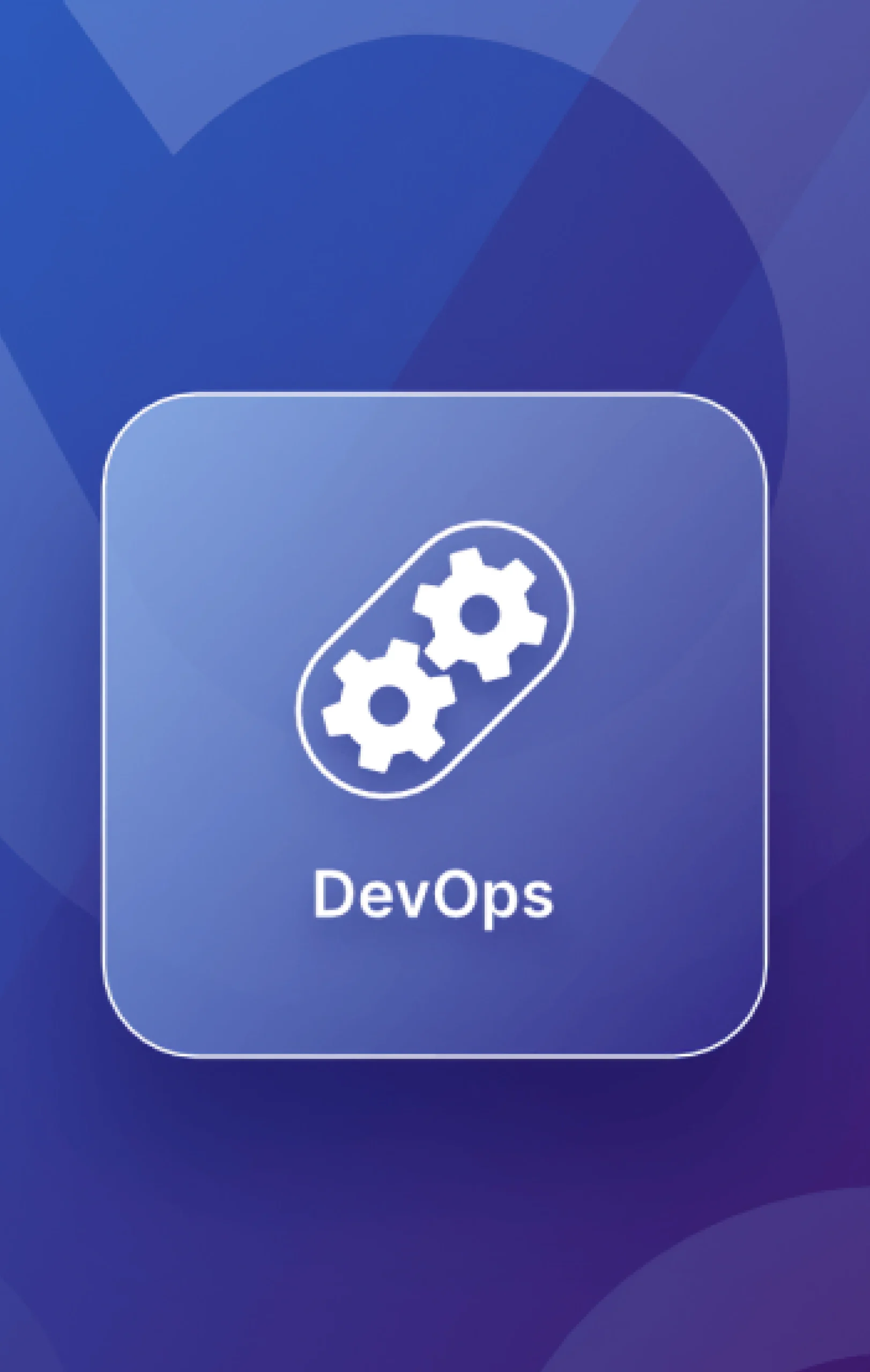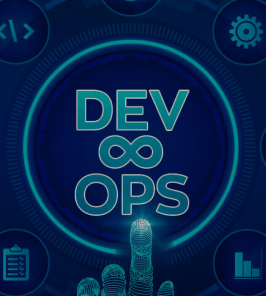

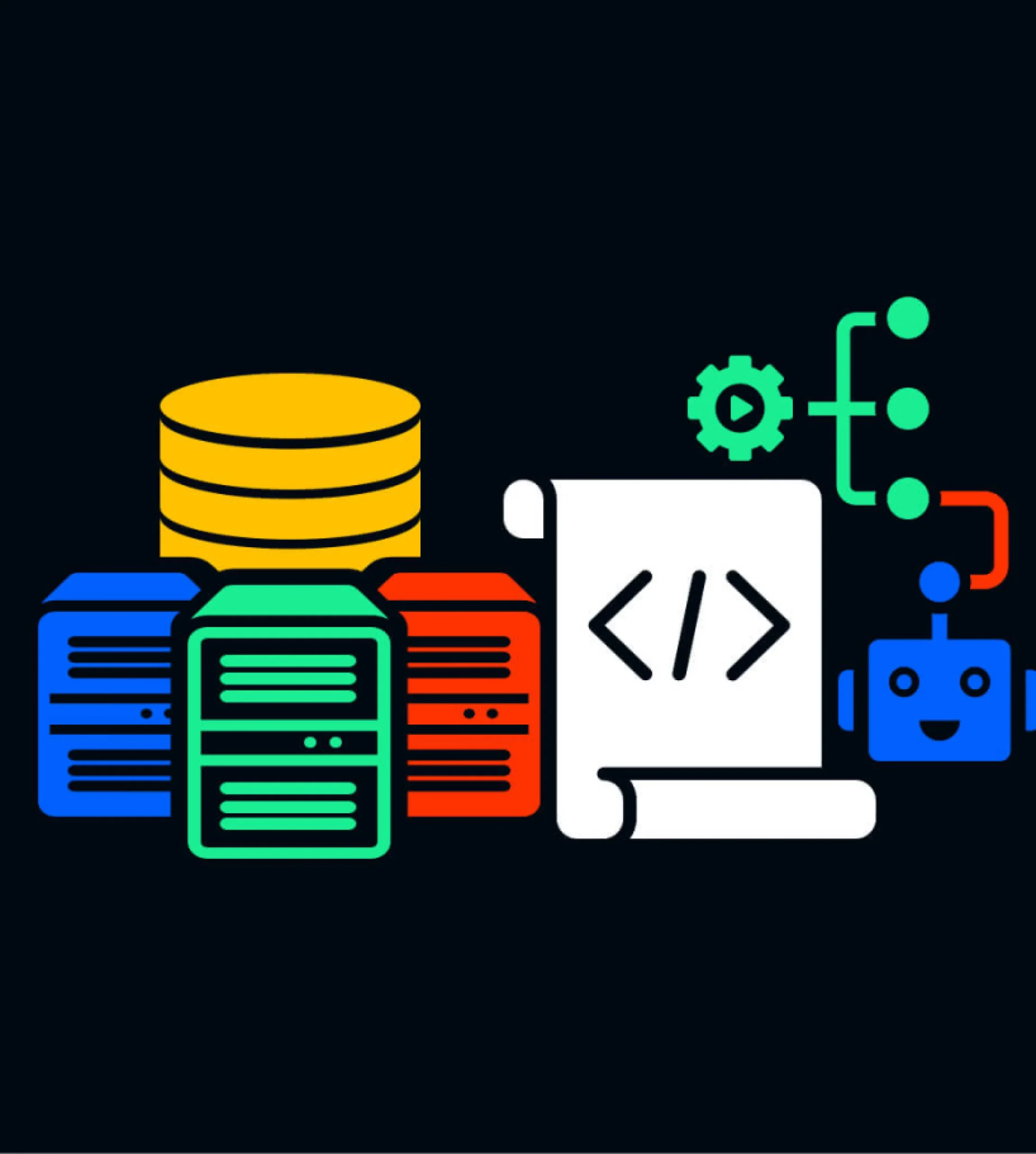
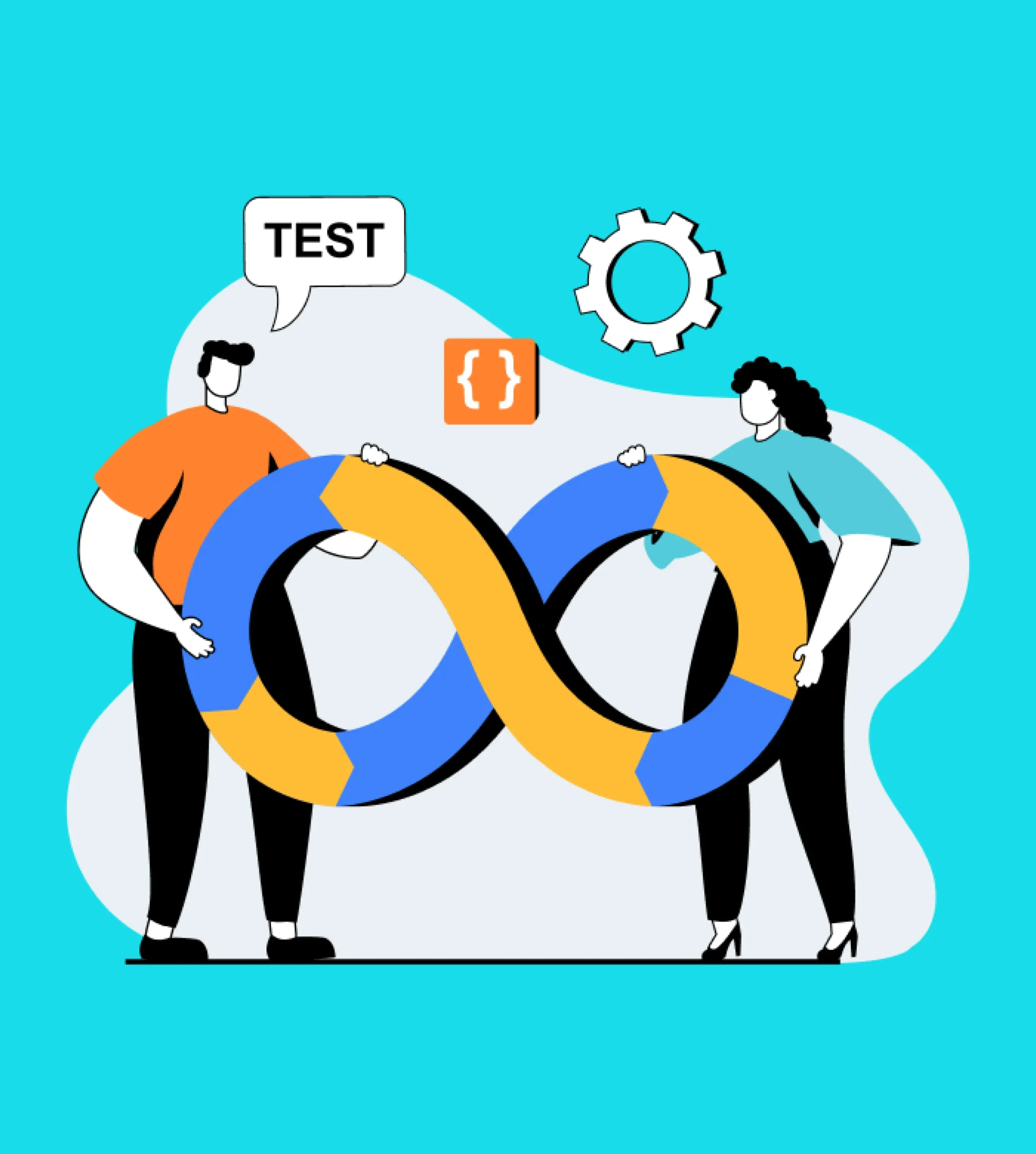




We Offer Wide Range of DevOps Development Services
Continuous Integration/Continuous Deployment (CI/CD)
Continuous Integration/Continuous Deployment (CI/CD) is a software development practice that involves automating the process of integrating code changes into a shared repository (Continuous Integration) and then automatically deploying those changes to production or other environments (Continuous Deployment).
Infrastructure as Code (IaC)
Infrastructure as Code (IaC) is a practice in software development where infrastructure is defined and managed using code and configuration files, rather than manual processes or interactive tools. This approach allows for the automated provisioning, configuration, and management of infrastructure resources, such as virtual machines, networks, and storage, using version-controlled code.
Containerization and Orchestration
Containerization is a technique used to package an application and its dependencies into a standardized unit called a container. While, orchestration refers to the automated management and coordination of containers and their deployment, scaling, and lifecycle management within a containerized environment.
Monitoring and Logging
Monitoring involves the continuous observation and measurement of various aspects of a system, such as its performance, availability, and resource utilization and logging is the process of recording events, activities, and messages generated by applications and systems into log files or centralized logging platforms.
Cloud Infrastructure Management
Cloud infrastructure management refers to the process of overseeing and controlling the resources and services provided by cloud computing platforms, such as Amazon Web Services (AWS), Microsoft Azure, or Google Cloud Platform (GCP). It involves tasks such as provisioning, configuring, monitoring, optimizing, and securing cloud-based infrastructure resources, including virtual machines, storage, networks, databases, and other services.
Automated Testing and Quality Assurance
Automated Testing and Quality Assurance involve the use of automated tools and processes to evaluate the functionality, performance, and reliability of software applications. It aims to accelerate the testing process, improve test coverage, and increase the efficiency and accuracy of identifying defects and regressions in software.
Let's pool our skills to make something truly outstanding
Please feel free to book your free consultation now
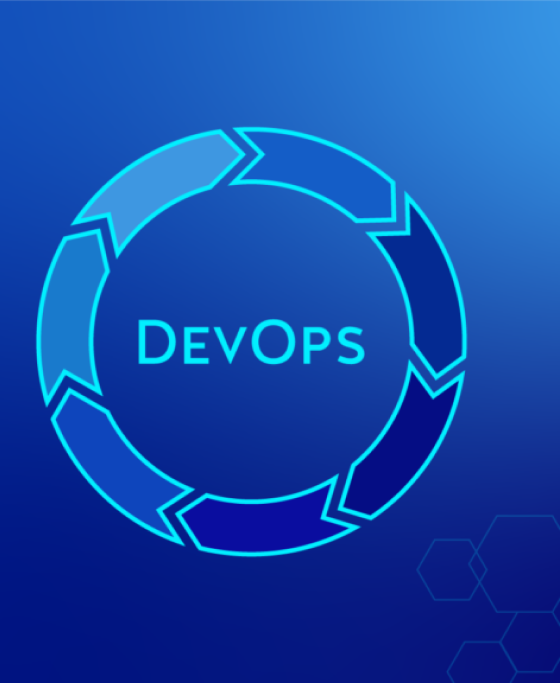
Key Benefits of DevOps Development in today’s technology driven world.
Increased Collaboration
DevOps builds closer collaboration and communication between development, operations, and other stakeholders, breaking down silos and promoting a culture of shared responsibility and accountability.
Faster Time to Market
By automating processes and streamlining workflows, DevOps enables faster delivery of software updates, features, and enhancements, allowing organizations to respond quickly to market demands and gain a competitive edge.
Improved Quality and Reliability
DevOps practices such as continuous integration, automated testing, and continuous deployment help identify and address issues earlier in the development cycle, leading to higher quality, more reliable software products.
Scalability and Flexibility
DevOps automation and infrastructure as code allows organizations to scale their infrastructure and applications efficiently to meet changing demands and accommodate growth, without compromising performance or stability.
Reduced Risk and Cost
DevOps practices promote risk mitigation through early detection and resolution of issues, as well as through improved visibility and control over the development and deployment process. This ultimately leads to cost savings by minimizing downtime, reducing rework, and optimizing resource utilization.
Development Process to Design Web Solution
Systematic approach used to create software solutions, encompassing various stages from planning to deployment.








